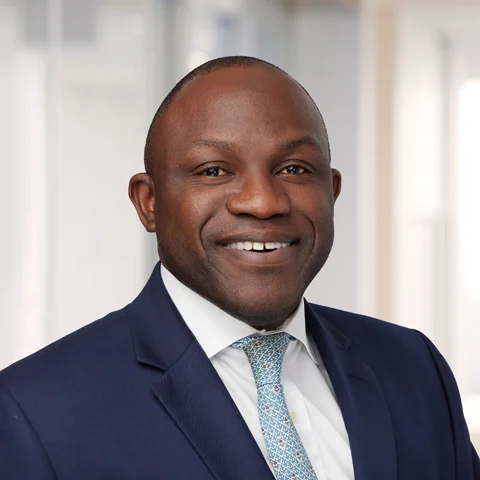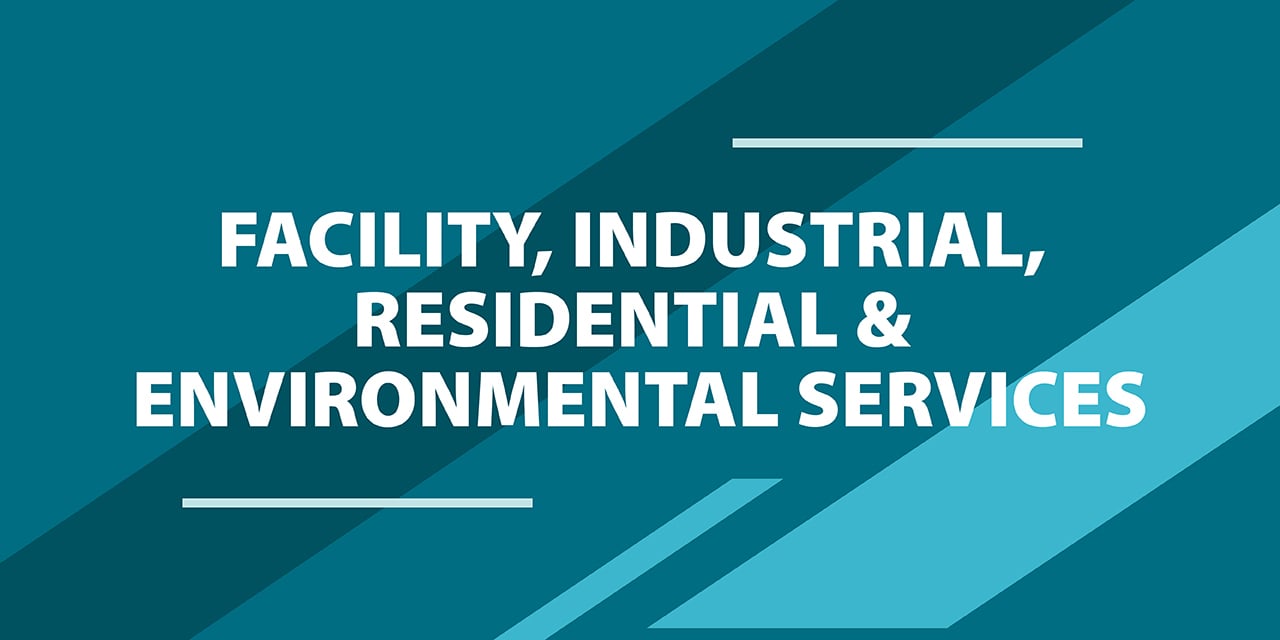
RoadSafe Prior CEO Dave Meirick Talks Traffic Management with Ardis Tabb
Traffic management is persisting – even thriving – despite the pressures of COVID, inflation and challenging macroeconomic conditions. Why is the industry thriving and what could be on the horizon? Ardis Tabb, a Director in Baird’s Global Technology & Services group who focuses on the Infrastructure sector, recently sat down with Dave Meirick, prior CEO of RoadSafe, a leader in the traffic safety services and products market, to discuss what’s happening in today’s traffic management industry. The duo talked about the current sector, why it’s proving so resilient and what investors should be on the lookout for in the years ahead.
Discussion Highlights
Why Traffic Management Powers Through Downturns
Historically, the traffic management industry has held strong in the face of tough macroeconomic conditions. Meirick highlighted how the industry has persevered through COVID, a tough job market and persistent inflation. “The industry has done well during downturns. If you go back to the last several of downturns, it really looks like it’s a nice hedge. It chugs right along through those downturns,” he said.
“Certainly in ’21 and ’22, especially in the pavement marking side, we saw pressure on pricing and raw material issues. A lot of those raw materials coming from overseas that just were difficult to get, transportation issues, and that showed up in the margins for sure. Fortunately, however, the top line in our business has been very strong and we've been able to do really well despite the inflationary pressures.” Meirick feels the industry has remained strong through downturns for a few reasons, particularly its adaptability and resilience. Traffic management is often looked at as a path to jumpstarting a slow economy:
Highway spending in downturns is kind of looked at as a JOBS Act – let's get people to work. Infrastructure, civil infrastructure – the areas that we work in – it’s a good place to get the economy kind of started again, and we’ve seen that several times.
He highlighted the “off hours” nature of the business, especially in metro areas. “The work is, if you think about the big cities we work in – it’s done in the evenings, on the weekends, in non-rush hour times. And what we saw during COVID was that the agencies, cities, counties, states just said, ‘You can go to work. There’s no traffic out there.’ So, we got a lot of work done,” he said.
M&A Outlook: Consolidation Ramping Up, Sellers Getting Savvy
There’s been a wave of consolidation across the traffic management market in recent years. RoadSafe has had four private equity partners over the years and seen the role of private equity evolve in the market. “If you go back to even as recently as 2017 or 2018 there were only a handful of private equity investments in the space, and you would know who they are… but what we’ve seen since then is nearly 25 or 30 private equity investments in the space.” Meirick believes private equity interest in the space will remain high in the next few years: “I think what is going to happen over the next three to eight years [is] we’ll start seeing some consolidation of the consolidators.”
“I think 30% of the total market is in the hands of private equity today, but it’s spread across 30 investments. It’s not just been consolidation of the big guys – so when that happens… it’s going to be very exciting. It’s going to be a lot of work. But it will attract larger and more sophisticated investors,” said Meirick. Years of strong activity across the industry have also played a role in educating prospective sellers. Merrick also said [bankers] have played a role in educating owners about what they need to do to prepare their business to be sold and the range of options for their business.
There’s never been the level of activity by private equity at the multiples being paid today. So people understand that there is an option other than passing it along to [their] kids or selling it to [their] employees.”
Purchase prices are high, and transactions are competitive. “It’s rare now to get a proprietary deal. We do try to do that, and sometimes we can’t do that… it's just changed. The world of traffic safety and pavement marking has changed because of activity around private equity. I would say it’s changed for the better.”
What’s Changing the Industry?
A range of new technologies, some more visible to the public than others, are changing the industry. Within pavement marking, six-inch lines are becoming more common than the four-inch lines of the past. More technology is coming into work zones too, including automated flagger devices and license plate readers. Back-office technology developments are also seeing more widespread use and helping with increased efficiencies in payroll and billing.
The demand side is having a more complex impact. While the Infrastructure Investment Jobs Act had a big impact and in general, increased federal spend at the state level, inflation is tempering the impact of that investment. “The cost to pave a mile of road, or put a sign up in the air, or whatever it is that you’re doing to stripe a mile of road, it [costs] more. So the units of production haven’t necessarily been linear to the increased dollar spend, but it has been impactful,” said Meirick.
“The spending in infrastructure does no go backwards, despite the Infrastructure and Jobs Act and all the state and local funding that’s been put into place. Whether it’s gas tax, toll roads, registration, user fees – despite all that, we’re still not where we need to be in terms of getting the roads and bridges fixed… this is not, I think, a non-recurring spend. I believe that it’ll just continue to build on that.”
On the Horizon
Demand for traffic management services and solutions will continue to grow, in Meirick’s view. Road and bridge repairs are needed, and technology continues to advance. As for how investors and private equity will shape the market, Meirick has a positive outlook. While there have been a few unsuccessful attempts to consolidate the industry in the past, today’s industry has “some really good companies with really good management teams out there that are private equity-owned today.”
“I think this time we’ve got, I would say, the right investors, the right teams in place across these portfolio companies or platform companies. And if I’m a founder or a family-owned business, I’d be very excited about that because there are going to be continued opportunities to monetize your life’s work – and not have to worry about selling it to a son, a daughter, a niece, a nephew or a group of employees. It’s a really good opportunity.”
Interested in learning more? Connect with Baird Global Investment Banking:



